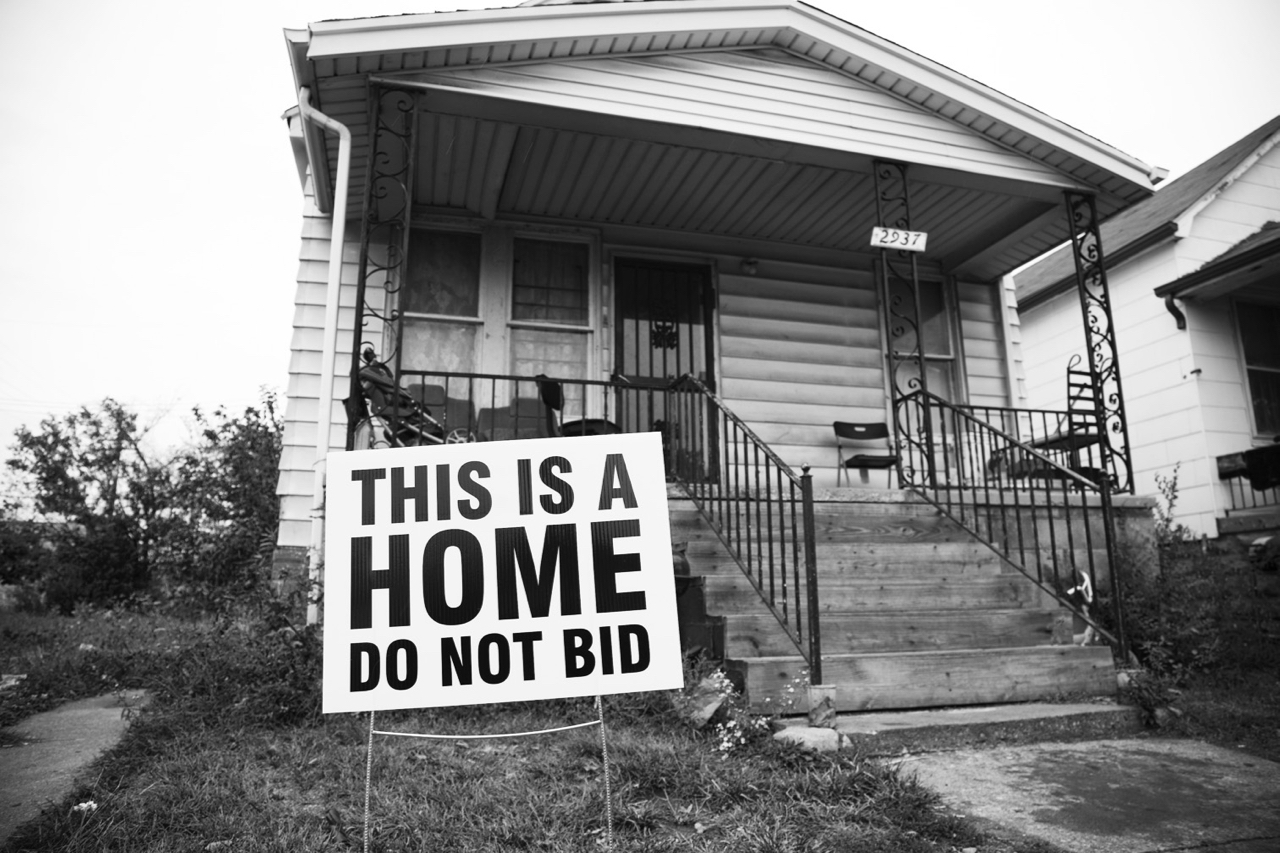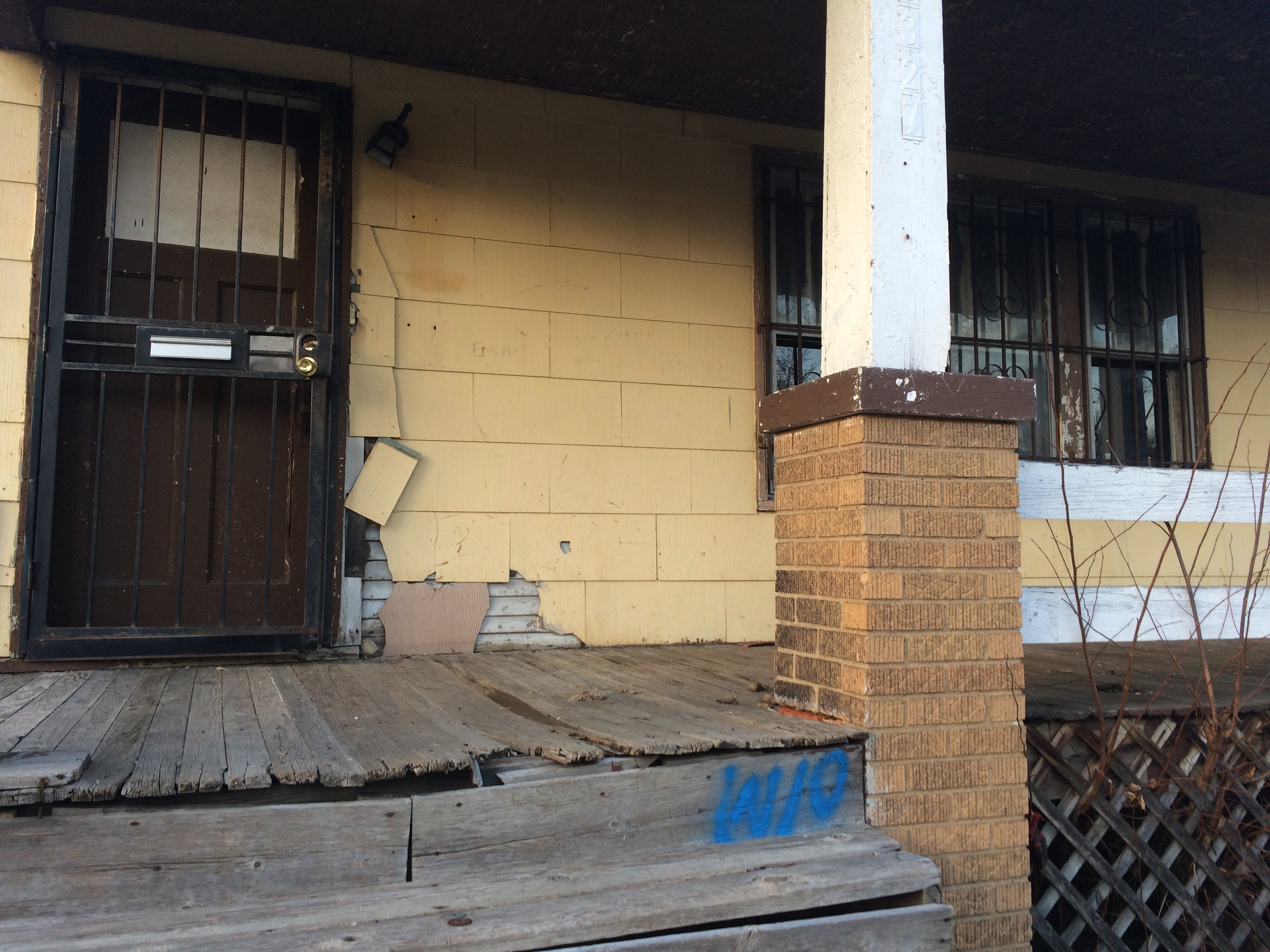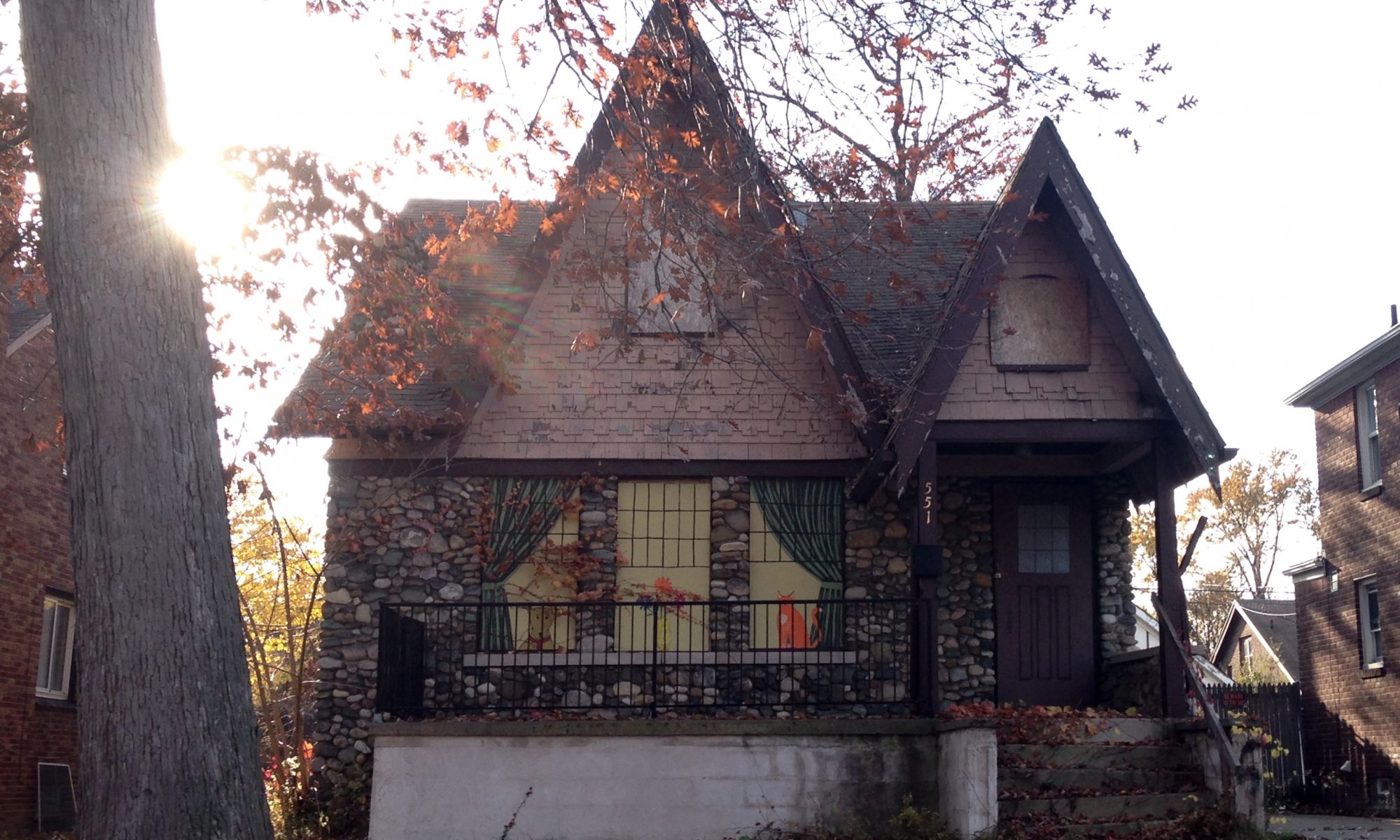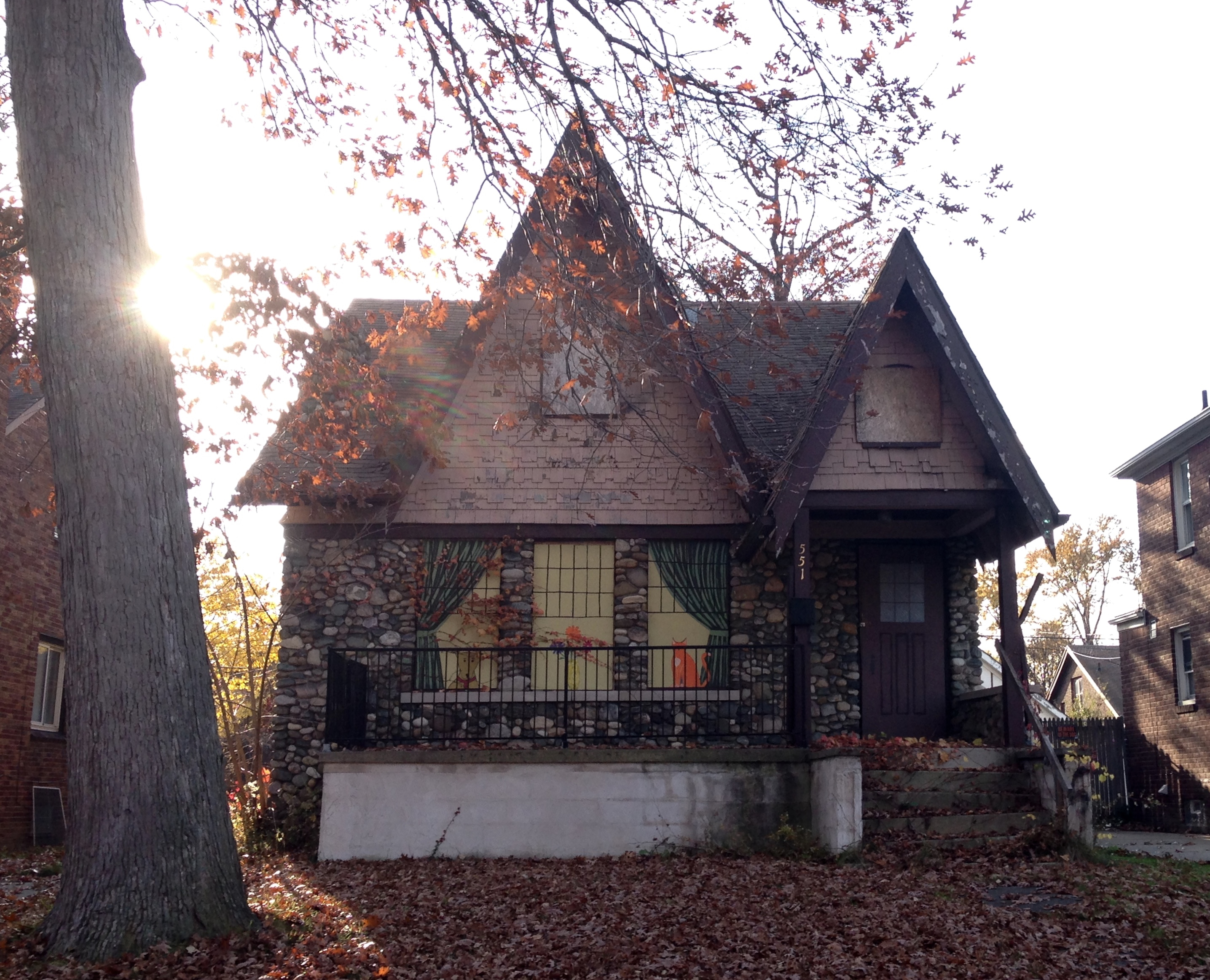 Detroit’s Largest Missed Opportunity
Detroit’s Largest Missed Opportunity
(originally published in a similar form by Occupy.com)
Last month, the ACLU filed suit against the Wayne County Treasurer (WCT) for foreclosing on owner-occupied homes. The lawsuit has been anticipated for years, and could dramatically affect the fate of thousands if it successful halts the auction sale of those properties, but, even so, it would only impact one tenth of the tax foreclosed properties headed for auction since most occupied homes in the auction are already vacant or are occupied by someone other than the owner. Most occupied homes in the auction are not owner-occupied, and most protections (including due process)
apply to owners, not renters. In some ways, the greater tragedy lies in the foreclosures that go unchallenged because the protections most occupied homes in the auction properties that exist apply to the owners so most of the injustices aren’t even considered illegal.
The Wayne County Tax Foreclosure auction is regarded nationwide as an opportunity to by Detroit homes on the cheap, but the people who have the most to gain (and the most to lose) in the auction– the current residents– often have the least access to take advantage of it.
Lack of information is a chronic problem throughout the foreclosure cycle, and affects renters far more than homeowners– the auction passes noiselessly over these homes, and their residents, with no lawsuit or cover story to capture deafening silence to the people inside. Continue reading “Silent Auction”


 Detroit’s Largest Missed Opportunity
Detroit’s Largest Missed Opportunity
